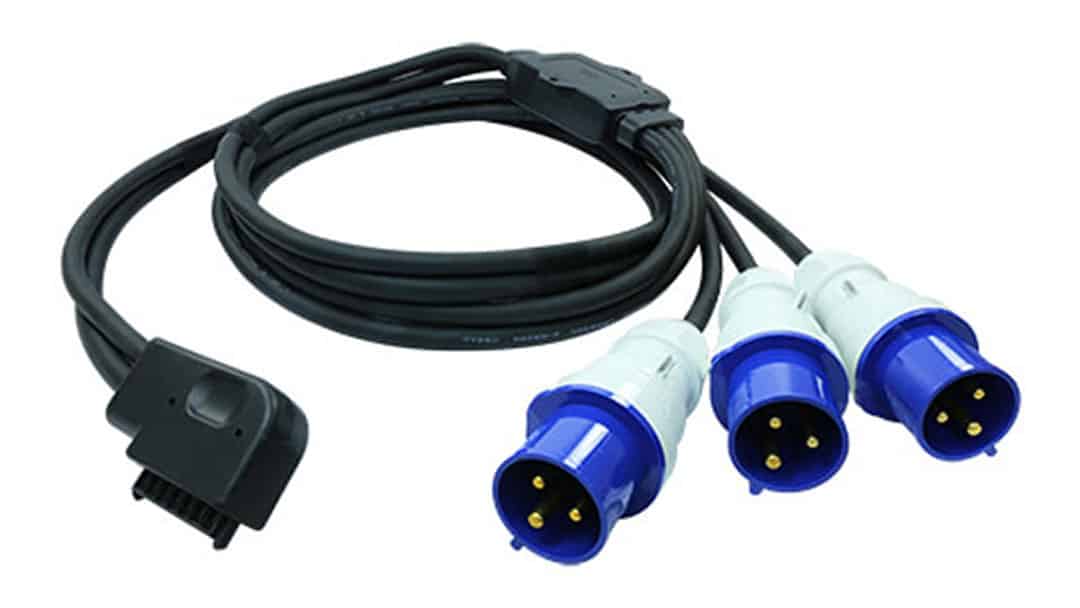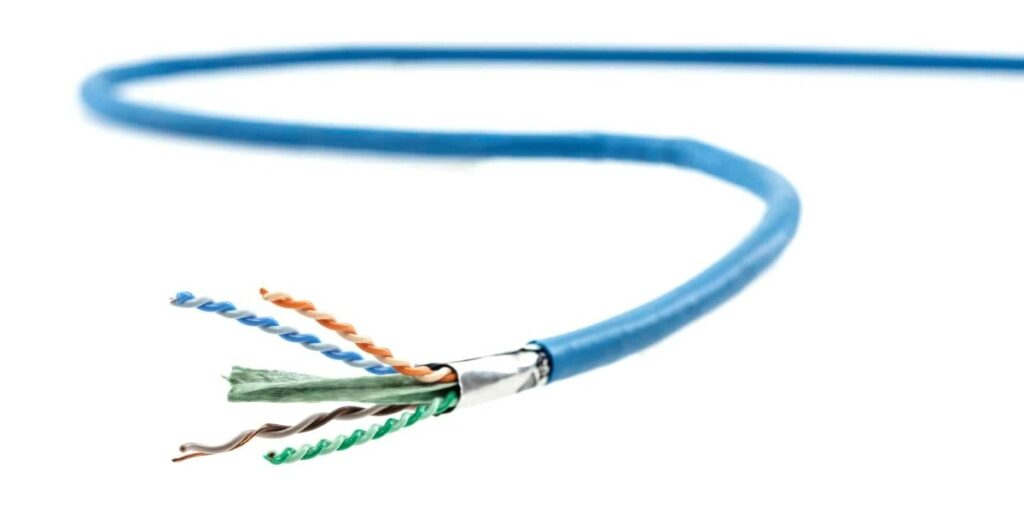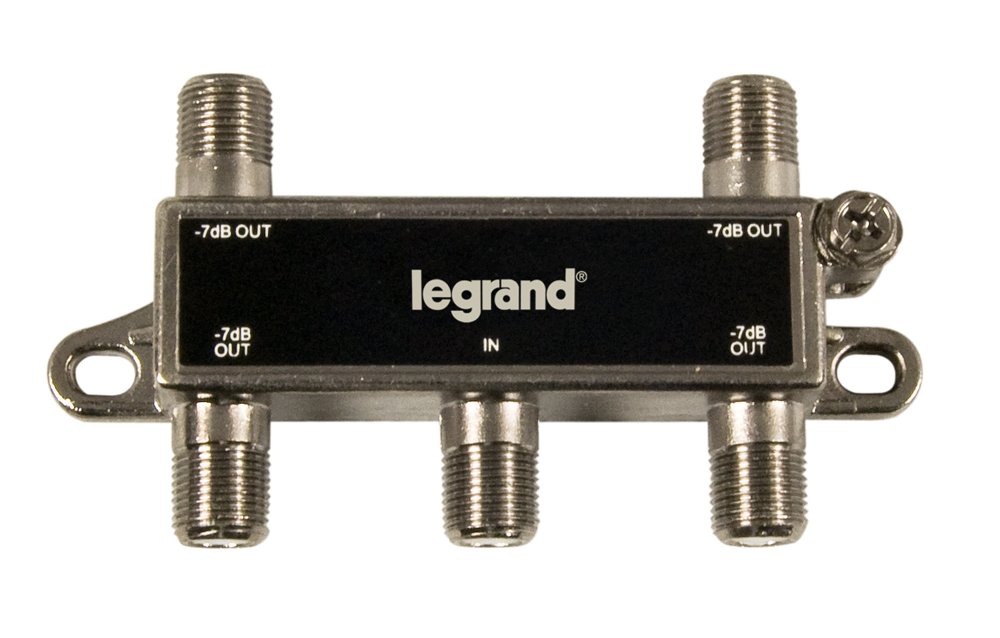Business data centers are an essential part of any company. They help protect sensitive information and improve business efficiency. However, while they are crucial, the infrastructure of a data center can be costly.
As a business owner, it’s your job to make sure that you can save as much money as possible. It helps to have funds available to facilitate other parts of your company to ensure success.
So how are business owners able to combat the cost of running data centers? They use PDUs or data center power whips. If you’re not sure what they are, continue reading to learn more about them and what they do.
What is a Data Center Power Whip?
A data center power whip is a cable that runs underneath a data center that evenly distributes the power received from a PDU (Power Distribution Unit). So it manages the electrical supply for:
- Computers
- Servers
- Networking devices
Each of these applications requires a significant electrical output, which could be dangerous for your company. But since PDUs help with the power distribution, it creates a safer and more efficient environment.
Related: Stranded vs. Solid Wire: When & Why It Matters
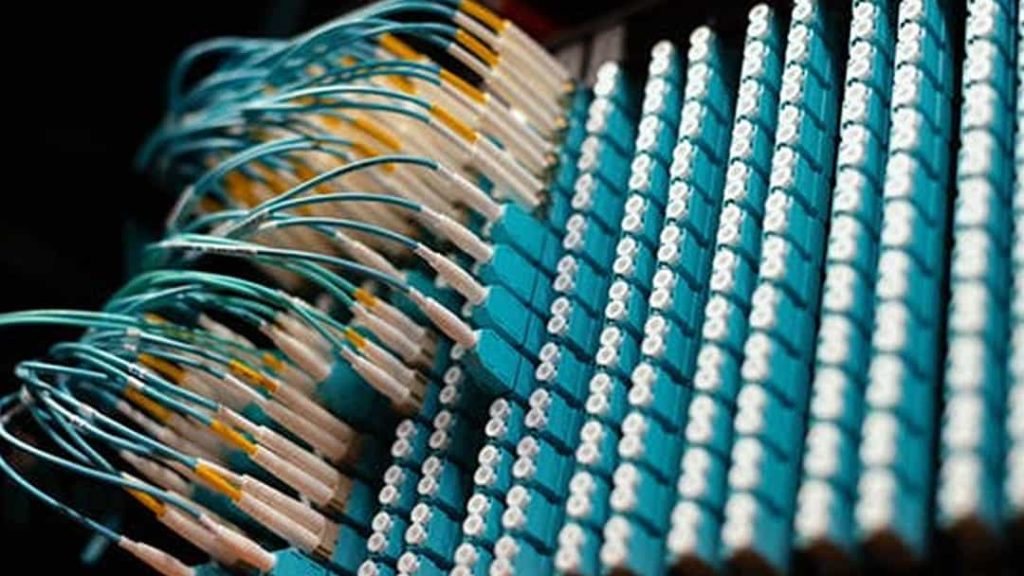
Different Types of Data Center Power Whips
Since various businesses have different applications, it’s essential to have cords compatible with these processes. So we’ll be looking at different data center power whips and how they can benefit your business.
Type LFMC Cable
LMFC or liquid-tight flexible metal conduit cables are solid and durable cables that are a favorite among data centers. The cord is made from corrosion-resistant steel, making it resistible to certain acids and sunlight exposure.
Use of these PDUs is required when applications require protection from liquids, moisture, or solid materials.
Flexible Metal Conduit
Depending on where your business is located, you may not be able to use Type LMFC cables. In that case, the next best option you can use is Flexible Metal Conduit cables. However, the main difference between the two cables is their preferred use.
Type LMFC cables can be used indoors or outdoors, while Flexible Metal Conduit cables have to be used exclusively indoors. The material these PDUs are made from isn’t suitable for wet environments.
SO Cord (SOOW) Cable
SO cords are another popular cable on the market because they can be used for various applications. The most popular SO cords are SOOW.
SOOW cables are great for industrial and office use, so you’ll most likely have these cables in your warehouses or office spaces to enable efficient power control. These cables are also highly durable, thanks to the rubber material they’re made out of.
Related: OTDR: Optical Time Domain Reflectometer Info
Type TC – Tray Cable
Type TC – Tray cables are STOOW cords that offer some resistant properties like SOOW cables. However, when they’re exposed to high temperatures, they become deformed, hindering technological systems.
You should make sure that you also avoid other extreme chemicals and oils when using these cords. Instead, use them for applications such as portable lights and power extensions.
Feeder Cable
Sometimes you’ll need to have cables that can provide an extra power supply for specific business tasks. That’s where feeder cables come in.
You can use them to redistributed power from your PDUs to your RPP (Remote Power Panel) to increase the flexibility and efficiency of your power supply.
Learn further tech tips from C&C Technology Group to bring your business’s IT infrastructure to the next level!
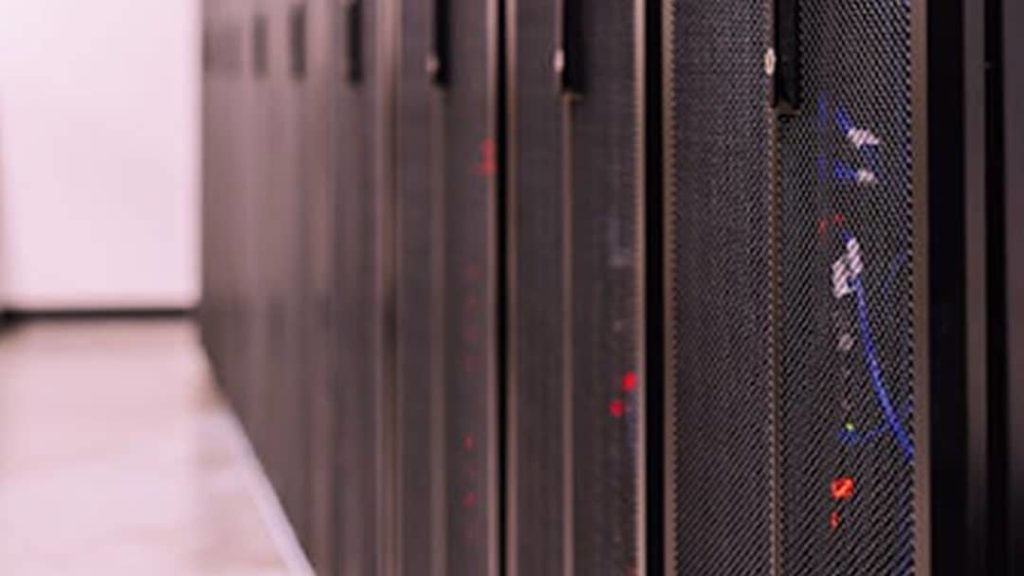
Benefits of Data Center Power Whips
When it comes to your IT infrastructure, efficiency is a crucial component, and by using PDUs, you can ensure that you meet your requirements. Here are some of the benefits of using PDUs in your business.
Safety
One of the biggest concerns when you’re running equipment with high electrical output, is safety. You don’t want to end up in a situation where your system gets compromised due to its inefficient output.
However, by using data center power whips, your energy output is distributed evenly, removing any potential dangers from electrical overuse.
Lower Operating Costs
When you’re constantly running machinery or data centers, you’ll be in for a high electric bill each month if your energy output isn’t managed correctly.
Since PDUs efficiently distribute the energy used by specific applications, they can help lower your electric bills each month, leaving you with extra money in your pockets.
UL Listed
Cutting corners is one of the reasons why some businesses fail. Business owners want to be successful so badly that they’ll do it by any means necessary. However, it’s something you can’t afford to do when it comes to your IT infrastructure.
The power whips you use must be UL Listed. This certification guarantees the product you’re using has gone through strict testing to meet specific requirements. Using data center power whips with this label, you can ensure your IT system is operating safely and efficiently.
Related: Network Cable Propagation Delay [Complete Guide]
Choose C&C Technology Group For Your Tech Solutions
At C&C Technology Group, we understand that having a safe and efficient IT system is a must for any successful company. We also understand that as a business owner, it can be tricky to figure out how to create this infrastructure. But that’s where we can help.
C&C Technology Group specializes in fiber optic installation and creating custom data centers that suit your companies need. So there’s no need to scratch your head worrying about that aspect of your business anymore.
Let us remove some of your stress and help you build an IT infrastructure that can adapt to the ever-changing times.
Do you want to bring your IT systems and company into the future? Then contact C&C Technology Group today!
Last Updated on August 2, 2022 by Josh Mahan

